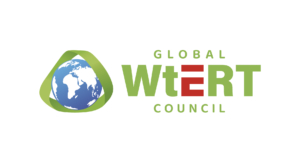The United Nations Conference on Sustainable Development: Forty Years in the Making
By Björn-Ola Linnér1 and Henrik Selin2
1.Department of Water and Environment Studies and Centre for Climate Science and Policy Research, Linköping University, 581 83 Linköping, Sweden, and Center for Science and Technology Policy Research, University of Colorado, Boulder, CO 80309-0488, USA; e-mail: [email protected]
2.Department of International Relations, Boston University, Boston, MA 02215, USA; e-mail: [email protected]
The United Nations Conference on Sustainable Development (UNCSD) was mandated to focus on: (i) institutional frameworks for sustainable development and (ii) the green economy in the context of sustainable development and poverty eradiation. Analyzing the UNSCD from a historical perspective, we address three questions. First, what is the role of UN conferences on environment and development? Second, how were the UNCSD debates and outcomes connected to over forty years of environment and development cooperation? Third, how may the UNCSD shape ongoing efforts to forward the sustainable development agenda? We begin by summarizing the main arguments of supporters and critics of UN conferences. Next, we examines two sets of institutional frameworks issues: (a) institutional creation and reforms and (b) institutional complexity and participation. This is followed by an examination of two kinds of green economy issues: (1) state-centered economic debates and (2) human-development-focused debates. In the final section we examine opportunities and limitations for making progress on sustainable development. We argue that the UNCSD did little to advance institutional reforms, but that the initiative to formulate Sustainable Development Goals has the potential to significantly influence the sustainable development agenda.
